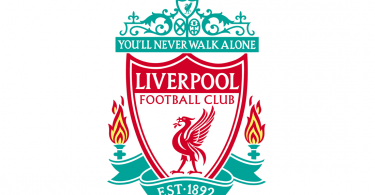In 2018, Russia, for the first time in their history, will invite the world to celebrate the largest single sporting event across 11 host cities. But when the invitations for the World Cup are sent riddled with potentially homophobic and racial slurs that appear to be so omnipresent within their community, many travelling fans from the 31 qualified countries may simply decline.
Moscows recent stadium bans
CSKA Moscow along with Manchester City players held a UEFA ‘No to Racism’ banner aloft before their Champions League tie to an empty Arena Khimki on Tuesday evening. UEFA’s decision to play the match behind-closed-doors came after travelling fans were accused of racial behaviour during their away trip in Rome last month. The decision is just one of a long line of ill-mannered problems that have arisen from the country in recent months.
This is CSKA’s third UEFA sanction in less than a year and it stimulates the question: Why are Russia’s ruling body allowing one of their countries most highly decorated football teams, a regular participant in Europe’s elite competition and a side that should lead by example, to depict a dreary image of the Russian community four years before their second major event in recent times?
In the same fixture last season Yaya Toure received racial abuse from CSKA fans resulting in a partial stadium closure. Toure later claimed that African nations shouldn’t attend the World Cup if the behaviour were to continue. In reality the racial mentality that has appeared so ripe has continued. The issue is not simply subjective to the city of Moscow, claims have been made that Russian fans gestured with the famous three-finger Nazi salute towards Moldovans during their European qualifying tie earlier this month.
Sorokins Comments
 When asked about the obvious racist pandemic that is so widespread in the country Alexey Sorokin, CEO of the 2018 FIFA Russia World Cup Organising Committee claimed the threat “is not one that is unique to Russia.”
When asked about the obvious racist pandemic that is so widespread in the country Alexey Sorokin, CEO of the 2018 FIFA Russia World Cup Organising Committee claimed the threat “is not one that is unique to Russia.”
His comment may be true; racism is still an issue even in more westernised countries around the world. England hasn’t been exempt from high profile racism during football matches in recent years but unlike Russia, when an issue arises, it is not swept under the proverbial carpet.
Need for change
With the Winter Olympics in Sochi receiving bad publicity due to the LGBT rights demonstrations and the recent war in Ukraine, Russia must perceive the World Cup as a chance to resurrect an already tarnished image of the nation’s stance on their ethics. But when people like Sorokin state they had simply “read that some people use football games to self-express but not to watch football” it portrays a poor image of acknowledging a problem but refusing to act upon it.








